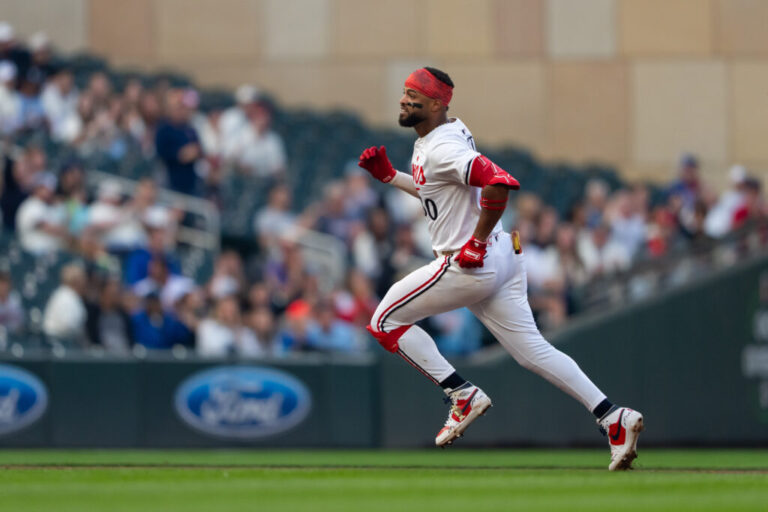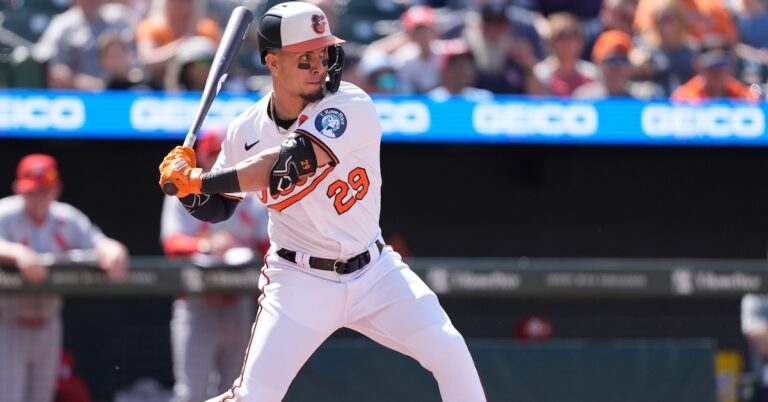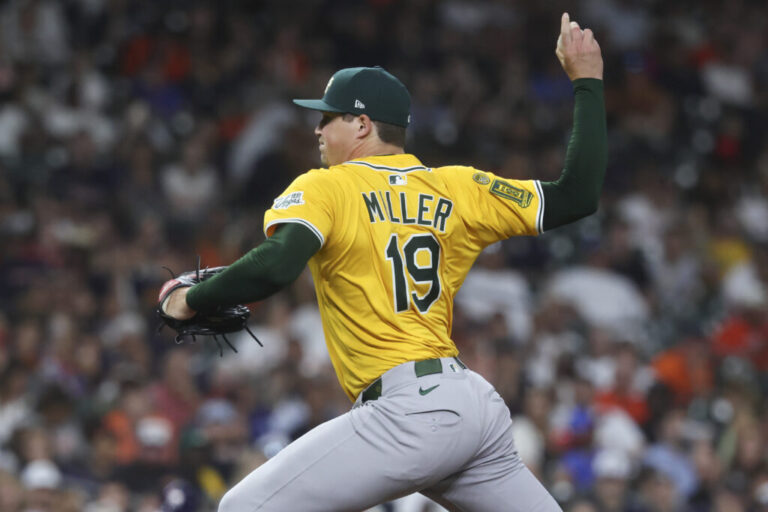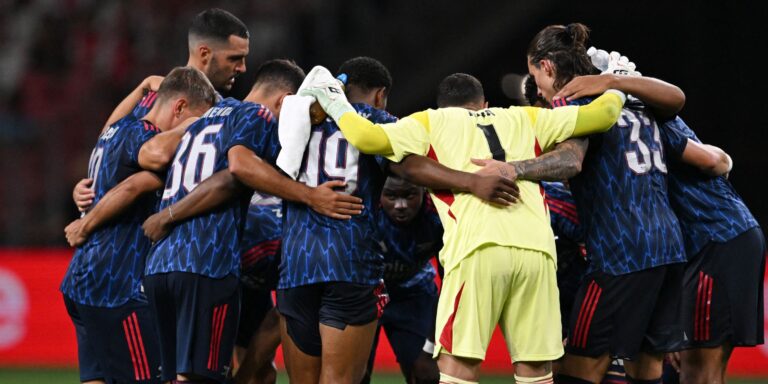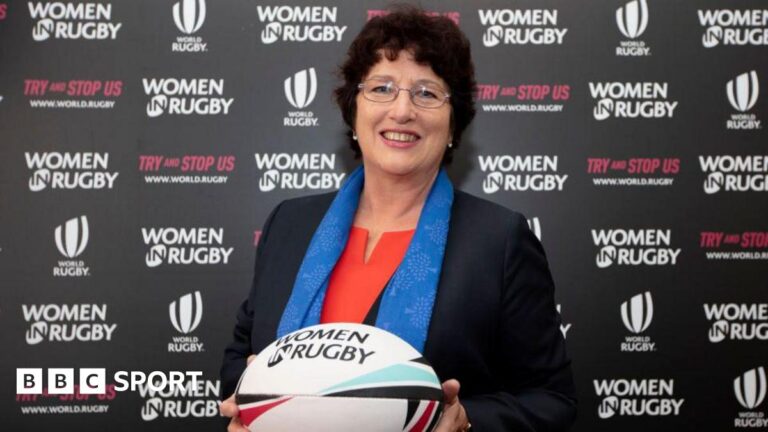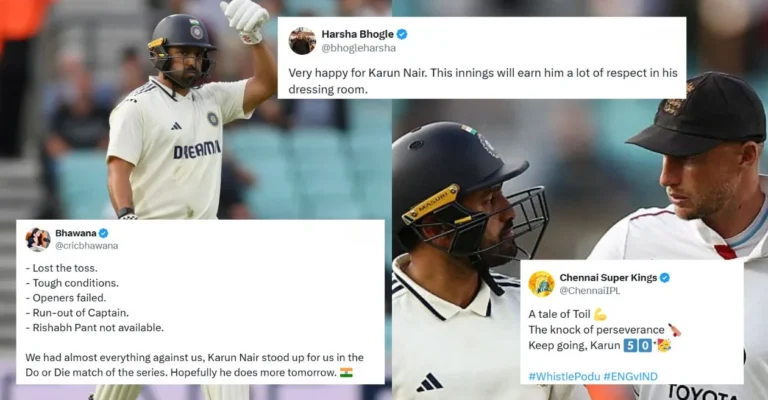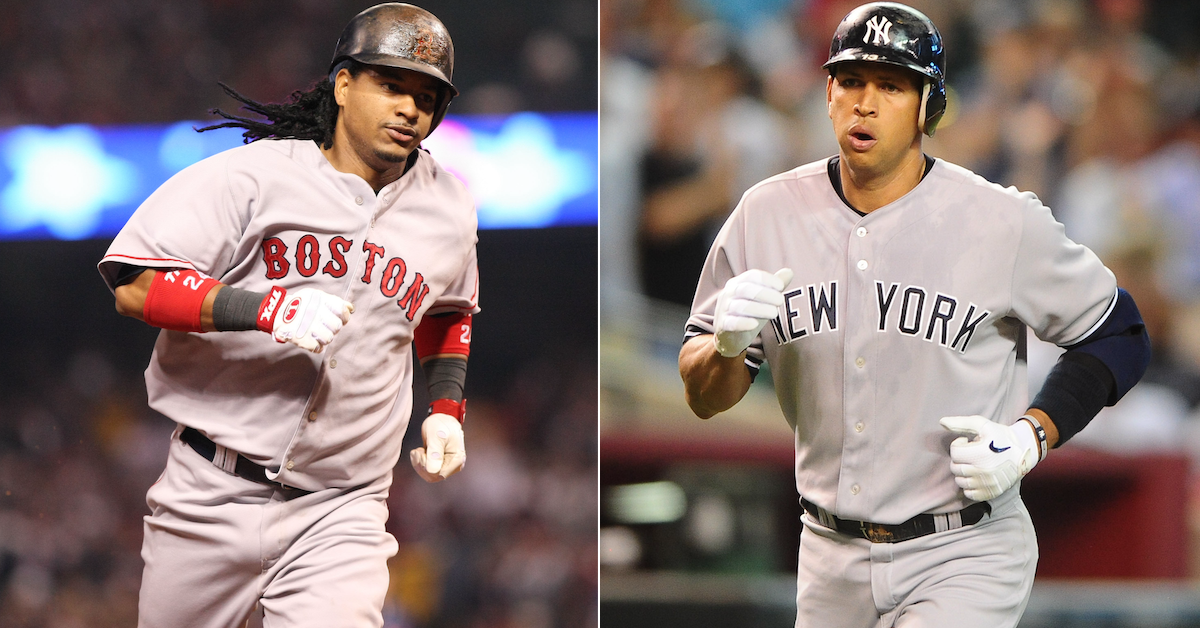

The following article is part of Jay Jaffe’s ongoing look at the candidates on the BBWAA 2024 Hall of Fame ballot. For a detailed introduction to this year’s ballot, and other candidates in the series, use the tool above; an introduction to JAWS can be found here. For a tentative schedule and a chance to fill out a Hall of Fame ballot for our crowdsourcing project, see here. All WAR figures refer to the Baseball-Reference version unless otherwise indicated.
For the past few election cycles, as a means of completing my coverage of the major candidates before the December 31 voting deadline, I’ve been grouping together some candidates into a single overview, inviting readers wishing to (re)familiarize themselves with the specifics of their cases to check out older profiles that don’t require a full re-working, because very little has changed, even with regards to their voting shares. Today, I offer the first such batch for this cycle, a pair of elite hitters who would already be enshrined if not for their links to performance-enhancing drugs: Manny Ramirez and Alex Rodriguez.
Like Barry Bonds and Roger Clemens, both sluggers have transgressions that predate the introduction of drug testing and penalties in 2004. Via The New York Times (Ramirez) and Sports Illustrated (Rodriguez), both reportedly failed the supposedly anonymous 2003 survey test that determined whether such testing would be introduced. Had they not pressed their luck further, both might already be in Cooperstown alongside 2022 honoree David Ortiz, who also reportedly failed the survey test. Alas, Ramirez was actually suspended twice, in 2009 and ’11; the latter ended his major league career, though he traveled the globe making comeback attempts. Rodriguez was suspended only once, but it was for the entire 2014 season due to his involvement in the Biogenesis scandal and his scorched-earth attempt to evade punishment — a sequence of events unparalleled among baseball’s PED-linked players.
As I’ve noted more times than I can count over the past decade and a half, my own policy with regards to such candidates is to differentiate between pre-2004 transgressions and the rest; while I included the likes of Bonds, Clemens, Gary Sheffield, and Sammy Sosa on my virtual and actual ballots, I have yet to do so for any player who earned a suspension for PEDs, including this pair — two players who at their best were a thrill to watch, but who also did some of the most cringeworthy stuff of any players in their era. They and the other suspended players were well aware of the consequences for crossing the line, yet did so anyway. While this personal policy began as a ballot-management tool at a time when I felt more than 10 candidates were worthy of a vote, I’ve found it to be a reasonable midpoint between total agnosticism on the subject and a complete hard-line stance. My sympathies tend more towards the former group — those who refuse to play cop for MLB and the Hall, reasoning such players have not been declared ineligible à la Pete Rose — than the latter, but I respect both positions.
Anyway, Ramirez debuted with 23.8% on the 2017 ballot, didn’t surpass that mark until ’20 (28.2%), didn’t top 30% until ’23 (33.2%), and fell back a fraction of a point on the ’24 ballot (32.5%). That’s eight years to gain less than 10 percentage points, meaning that he’ll fall off the ballot after his 10th year (the 2026 ballot).
Rodriguez debuted with 34.3% in 2022, barely inched up in ’23 (35.7%), and receded slightly in ’24 (34.8%). Given that Bonds and Clemens topped out in the 65–66% range in 2022 and then were passed over by the Contemporary Baseball Era Committee the following year, nobody should be holding their breaths for either of these two to get elected anytime soon, though it will be awhile before we stop hearing about them.
Manny Ramirez (32.5% on 2024 ballot)
2025 BBWAA Candidate: Manny Ramirez
| Player | Career WAR | Peak WAR | JAWS |
|---|---|---|---|
| Manny Ramirez | 69.3 | 39.9 | 54.6 |
| Avg. HOF LF | 65.1 | 41.6 | 53.4 |
| 2,574 | 555 | .312/.411/.585 | 154 |
SOURCE: Baseball-Reference
From the 2023 profile intro:
A savant in the batter’s box, Manny Ramirez could be an idiot just about everywhere else — sometimes amusingly, sometimes much less so. The Dominican-born slugger, who grew up in the Washington Heights neighborhood of upper Manhattan, stands as one of the greatest hitters of all time, a power-hitting right-handed slugger who spent the better part of his 19 seasons (1993–2011) terrorizing pitchers. A 12-time All-Star, Ramirez bashed 555 home runs and helped the Indians and Red Sox reach two World Series apiece, adding a record 29 postseason homers along the way. He was the World Series MVP for Boston in 2004, when the club won its first championship in 86 years.
For all of his prowess with the bat, Ramirez’s lapses — Manny Being Manny — both on and off the field are legendary. There was the time in 1997 that he “stole” first base, returning to the bag after a successful steal of second because he thought Jim Thome had fouled off a pitch… the time in 2004 that he inexplicably cut off center fielder Johnny Damon‘s relay throw from about 30 feet away, leading to an inside-the-park home run… the time in 2005 when he disappeared mid-inning to relieve himself inside Fenway Park’s Green Monster… the time in 2008 that he high-fived a fan mid-play between catching a fly ball and doubling a runner off first… and so much more.
Beneath those often comic lapses was an intense work ethic, apparent as far back as his high school days, that allowed Ramirez’s talent to flourish. But there was also a darker side, one that, particularly after he left the Indians, went beyond the litany of late arrivals to spring training, questionable absences due to injury (particularly for the All-Star Game), and near-annual trade requests. Most notably, there was his shoving match with 64-year-old Red Sox traveling secretary Jack McCormick in 2008, which prefigured Ramirez’s trade to the Dodgers that summer, and a charge of misdemeanor domestic violence/battery in 2011 after his wife told an emergency operator that her husband had slapped her face, causing her to hit her head against the headboard of the bed. (That domestic violence charge was later dropped after his wife refused to testify.) Interspersed with those two incidents were a pair of suspensions for performance-enhancing drug use, the second of which ran him out of the majors.
For all of the handwringing about PED-tinged candidates on the Hall of Fame ballot over the past decade, Ramirez was the first star with actual suspensions on his record to gain eligibility since Rafael Palmeiro in 2011. Like Palmeiro, he has numbers that would otherwise make his enshrinement a lock, and he’s fared better than his predecessor, not that that’s saying much.
More here.
Alex Rodriguez (34.8% on 2024 ballot)
2025 BBWAA Candidate: Alex Rodriguez
| Player | Career WAR | Peak WAR | JAWS |
|---|---|---|---|
| Alex Rodriguez | 117.5 | 64.3 | 90.9 |
| Avg. HOF SS | 67.7 | 43.2 | 55.5 |
| 3,115 | 696 | .295/.380/.550 | 140 |
SOURCE: Baseball-Reference
From the 2023 profile intro:
More so than Mark McGwire, Sammy Sosa, Barry Bonds, or Roger Clemens, Alex Rodriguez is the poster child for the era of performance-enhancing drugs within baseball. Considered “an almost perfect prospect” given his combination of power, speed, defense, and work ethic, the 6-foot-3 shortstop was chosen by the Mariners with the first pick of the 1993 draft and reached the majors before his 19th birthday. In short order, he went on to produce unprecedented power for the position via six straight seasons of at least 40 homers, two with at least 50, and three league leads. Along the way, he signed a 10-year, $252 million deal with the Texas Rangers in January 2001, at that point the largest guaranteed contract in professional sports history.
In a major league career that spanned from 1994 to 2016, Rodriguez made 14 All-Star teams, won three MVP awards and two Gold Gloves, and became just the fifth player to reach the twin plateaus of 3,000 hits and 500 home runs, after Hank Aaron, Willie Mays, Eddie Murray, and Rafael Palmeiro. Along the way, he helped his teams to 12 postseason appearances, but only one championship. Though he sparkled at times in the postseason, he also went into some notorious slumps that only furthered the drama that surrounded him.
Always with the drama! Rodriguez’s combination of youthful charisma, success, and money magnified his every move, and his insecurities and inability to read the room guaranteed further tumult the more intense things got. Because of his proximity to Derek Jeter — first as a friendly rival within a trinity of great young shortstops that also included Nomar Garciaparra, and then as a teammate once the Yankees became the only club that could afford his contract — Rodriguez became an easy target for tabloid-style sensationalism long before he dated Madonna and Jennifer Lopez. His inability to get out of his own way only intensified once he got to New York, even before his PED-related misdeeds put him in the crosshairs.
Indeed, Rodriguez could have been a contender for the title of the greatest ballplayer of all time, but how much of his success, particularly his power, owed to PEDs is a question that will forever dog him, and us. In the wake of a 2009 report by Sports Illustrated‘s Selena Roberts and David Epstein that he was among the 104 players who failed the supposedly anonymous ’03 survey test, Rodriguez admitted that he began using anabolic steroids not as an aging ballplayer looking to hold onto an edge but as a 25-year-old in his physical prime, one under self-imposed pressure to live up to his mega-contract. Later reporting revealed that he received a therapeutic use exemption allowing him to use testosterone during his MVP-winning 2007 season. Most damningly, from 2010 to ’12, he reportedly purchased and used PEDs from Biogenesis, a Miami anti-aging clinic, which — after much wrangling, including lawsuits against the league, the players union, and the Yankees’ team doctors — led to a 211-game suspension, later reduced to 162 games, covering the entire 2014 season.
Improbably, Rodriguez managed an impressive comeback from all of that, with an unexpectedly strong 2015 season accompanied by welcome doses of humility, humor, and candor. Injuries and age prevented him from sustaining the physical aspect of that comeback, but his August 2016 retirement was something of a lovefest.
Whatever feel-good sentiments arose at that point aren’t likely to carry over enough to elevate Rodriguez to Cooperstown…
More here.
